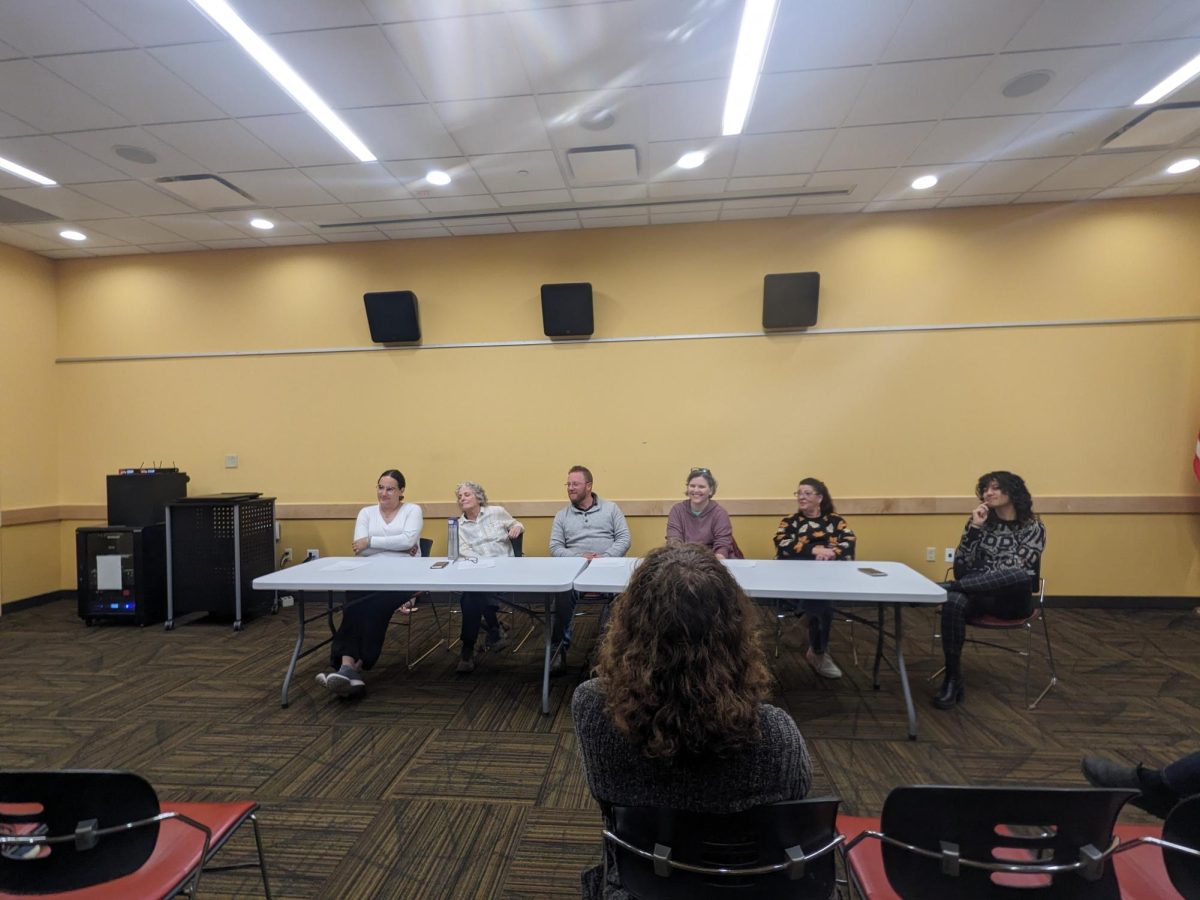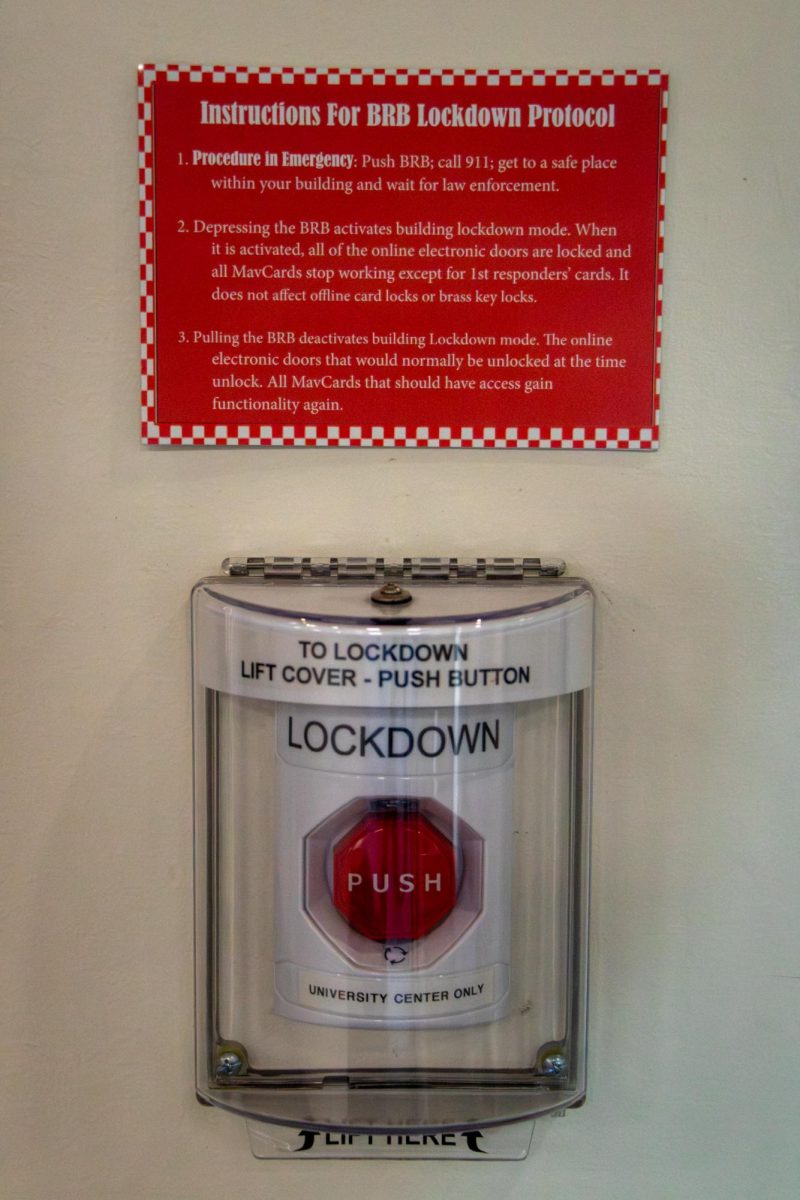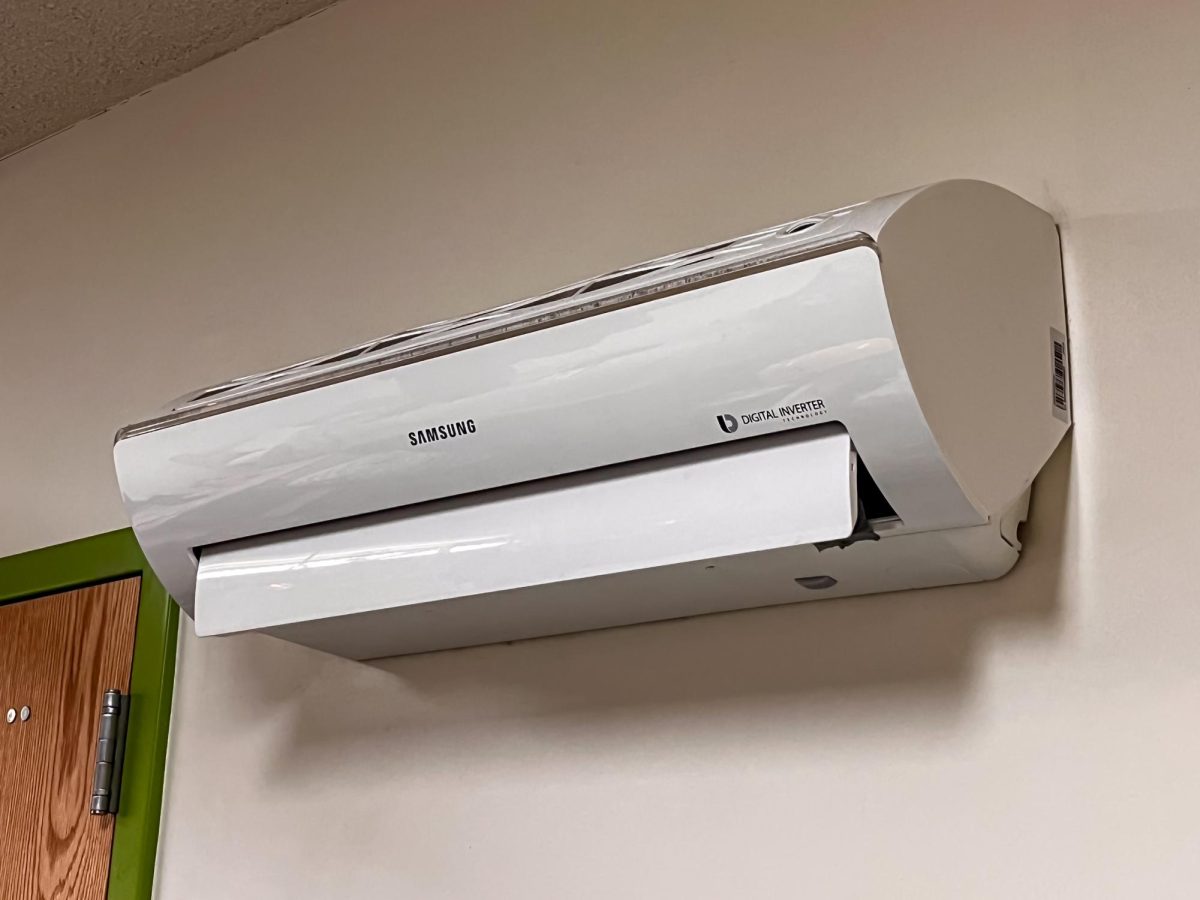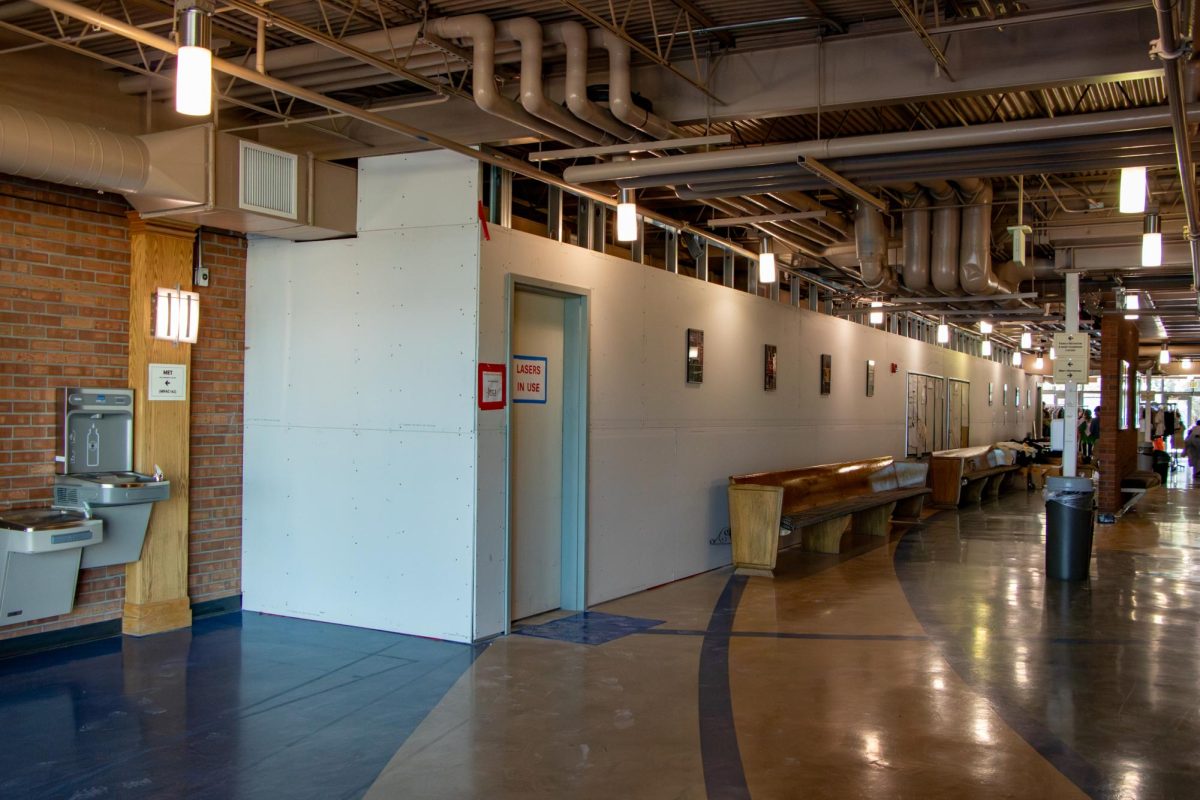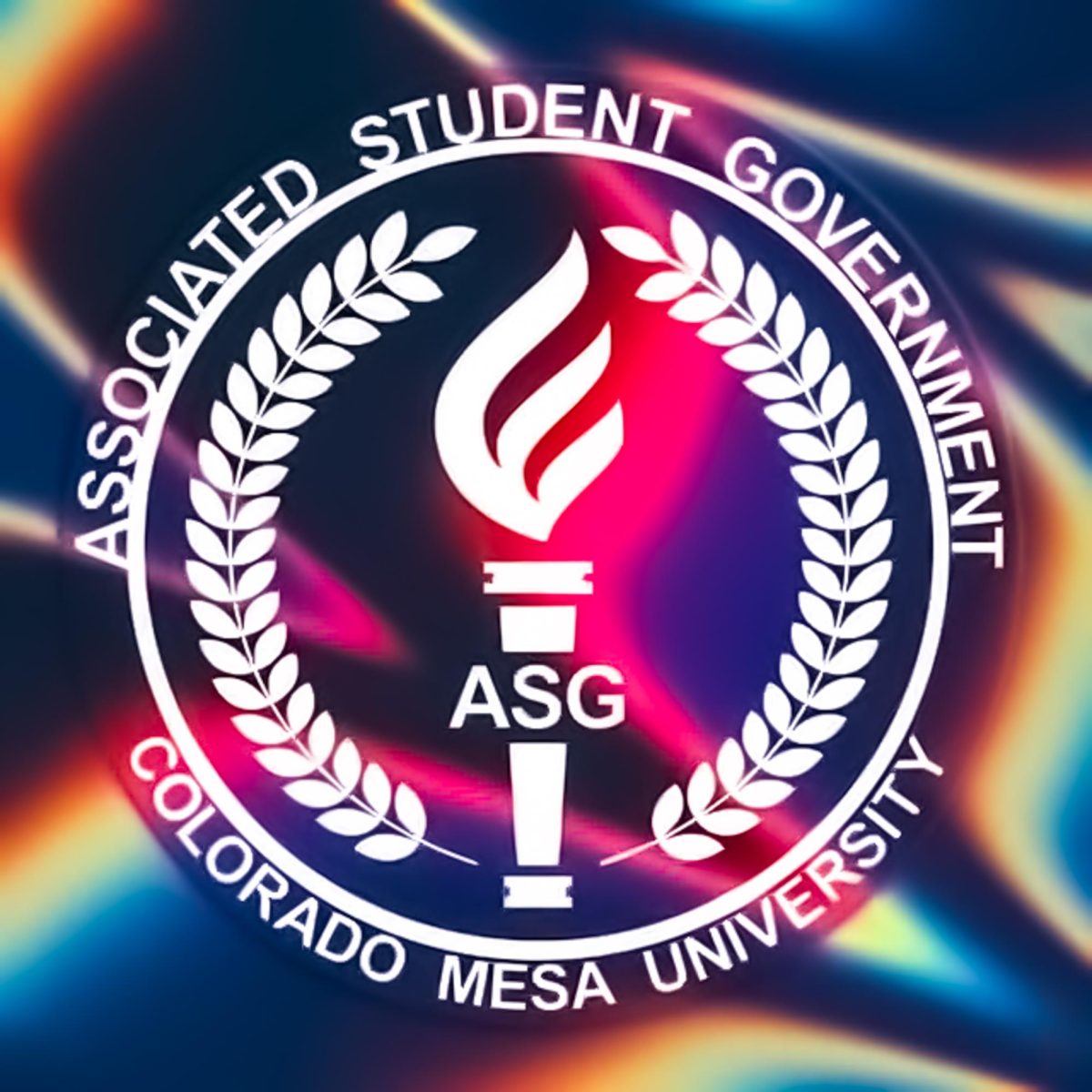Five LGBTQ community members gathered as a panel to discuss the most imminent issues facing the queer community in the region.
Moderated by students in the Sociology of Sexuality course, it was hosted as part of a final project.
Political science senior Shayla Trowbridge, political science senior Maeve Sunseri and english senior Tahirih Bochmann, organized the event at the Mesa County Public Library in downtown Grand Junction.
Questions were asked about a variety of topics, however answers tended to center around representation, community development and advocacy.
Panel member Jared Prochnow works with the juvenile parole board and is gay man with seven adopted children. He emphasized working to dismantle the cognitive connection between understanding and validation.
Panel member and Colorado Mesa University (CMU) student Evelyn Drollinger-Smith echoed this sentiment by saying this mentality was the reason she named her non-profit “Loving Before Understanding.”
Making validation and love conditional on whether or not someone’s life is understandable to someone else was cited as one of the most damaging perspectives to the LGBTQ community.
Safety was repeatedly mentioned as a necessity. Prochnow noted that safety is tricky because it can be dangerous to explicitly label something as a queer space. For queer youth, it may mean the difference in their parents disallowing them to engage in certain activities that are labeled as “queer.”
“Identified queer space[s] can also be a target,” said Prochnow. Hate crimes have been on the rise since 2008 and he thinks people are cautious to live authentically.
Panelist Heidi Hess repeatedly touched on political engagement in the form of voting, education and running for office. Hess works for One Colorado and is a founding member of Colorado West Pride.
Hess expressed that making the queer community more visible in the political sphere will only create positive change and progress.
Healthcare access is notoriously limited in the Grand Valley and that is exacerbated when a patient needs specialized care because they are trans. Drollinger-Smith said that she bears the burden of educating her own providers and insurance companies over and over again because they do not prioritize her needs.
Panelist Dr. Amy Barker owns Harmony HRT [Hormone Replacement Therapy] in Fruita. Her clinic offers gender affirming care through hormone replacement therapy and treatment for people going through menopause, people with Polycystic Ovarian Syndrome (PCOS), thyroid dysfunction and more.
Barker said that her trans clients come to Harmony HRT with a wealth of education about the treatment process. Other panelists said that other members of the LGBTQ community do not tend to have as much education about queer history and policy implications as their trans counterparts.
Division between trans people and the lesbian, gay and bisexual community was referenced as a space for progress. Many panelists emphasized that for meaningful progress to be made, non-trans people must educate themselves.
Drollinger-Smith suggested a revival of zines and newsletters to develop more community and disseminate education.
“It’s not on the trans community to educate the lesbian, gay [and] bisexual members about trans people,” said Hess. She added that the older LGBTQ members were the slowest to validate and accept trans people. Hess hosts a queer gathering for people over 50 and says she is working towards more holistic acceptance.
Being queer on CMU’s campus was scrutinized by more than one panelist and audience member. Specifically, the Civil Discourse series and Free Speech Zone on campus was critiqued as being socially one-sided in favor of a more conservative and exclusive ideology.
Panelist and adjunct professor Jennifer Miller shared that their office will always be a space on campus where LGBTQ students can be their authentic self.
In light of the outcome of the presidential election, many audience members and panelists expressed concerns for the future of progress.
Miller advised that trans people apply for or renew their passport while the option to tick “unspecified or other gender identity” is still an option.
It was collectively agreed that advocacy looks different for everybody and knowing personal limits is key to prevent burnout.
On a more positive note, many of the panelists talked about how Colorado specifically has become a model for safety. Formerly known as a “hate state,” Colorado was notoriously unwelcoming to the LGBTQ community but that has changed in recent years.
Governor of Colorado Jared Polis was elected as openly gay. Amendment J in the Colorado State Constitution that banned same-sex marriage was repealed in the beginning of November.
For those that aren’t so fortunate to live in a state with such good protections, panelists recommended donating to advocacy groups that do outreach in other states and to offer emotional support.
Panelists highlighted that normalizing historically marginalized groups will make them more visible and encourage empathy.
Advocacy, safety and representation appear to remain at the forefront of the fight for progress in the LGBTQ community in the Grand Valley.



